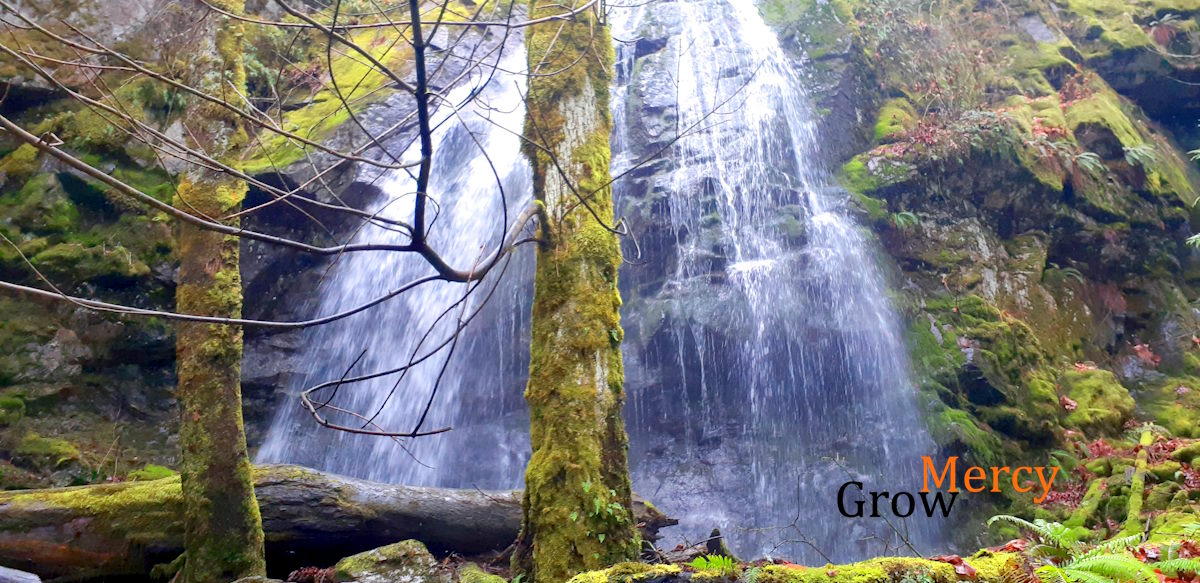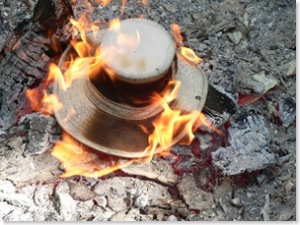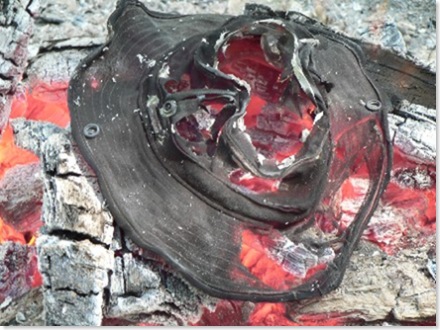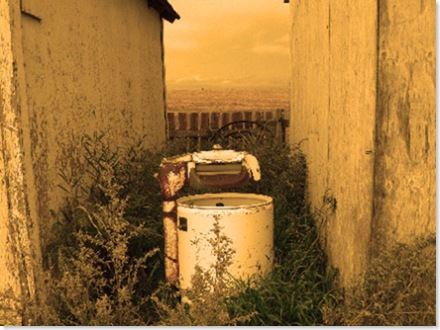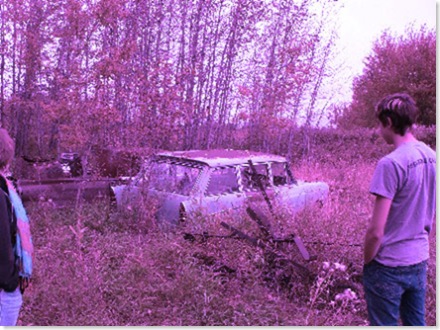Perhaps it’s the time of year, perhaps it’s the dryness I feel, but this idea is again tracking me down: That life is full of folly. Full of heaping up and tearing down, full of “sound and fury” signifying mere sound and fury, an apoplectic race with no starting gun and no ribbon across any end line.
But still…in those cambium layers behind the bark, I, like you, look for the thing that turns water into sap, look for the juice of life.
We long, each day, for the greenness of life. And then in a thousand tiny ways we trade, settle for, get caught in, the rage for security, the race for self-preservation, the heaping up and tearing down and heaping up again, the preoccupation with permanence, the moments before and the moments ahead of this moment, the grasping after a certain je ne sais quoi. And the greenness fades. That’s the folly.
I’m thinking that the follies of the seventeenth and eighteenth century, those frivolous, fanciful, impractical, and misunderstood structures, were built by people who, after coming to the end of amassing too much of everything, took what remained of their years and built grand creative monuments to the folly of heaping up. Of course that’s the paradox of follies. The folly of follies. These artistically expressive edifices both exposed and flaunted; but it’s the exposing that’s interesting. They were in this sense a testament to the vanity of acquisition in all its guises. They were stone epitaphs to puffs of wind.
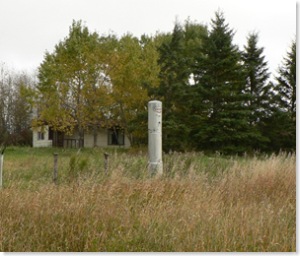 My father, a Saskatchewan dirt farmer with a feather-weight wallet, never immune to the desire of more, was nevertheless fully cognizant of life’s many follies. He read his Ecclesiastics. And he didn’t stop there. He built his own (affordable) follies, built them out of discarded water pressure tanks. Towers to nowhere. Three silver tanks high, welded together with a base stood 16 to 18 feet high. At the top he would spot-weld something like a hood ornament. The one that still stands has a weather-vein on it, a wink of practicality.
My father, a Saskatchewan dirt farmer with a feather-weight wallet, never immune to the desire of more, was nevertheless fully cognizant of life’s many follies. He read his Ecclesiastics. And he didn’t stop there. He built his own (affordable) follies, built them out of discarded water pressure tanks. Towers to nowhere. Three silver tanks high, welded together with a base stood 16 to 18 feet high. At the top he would spot-weld something like a hood ornament. The one that still stands has a weather-vein on it, a wink of practicality.
I’m thinking it’s time again to occupy a bit of Ecclesiastic-space. I’m thinking that without building a few follies, building them right into our lives, we forget, and slip into structuralism, analism, a pathological earnestness about everything. Without building a few follies out on the back of our mental-emotional 40 acres, any sonorousness we have turns to morbid solemnity.
So build your folly. Build one out of ditched hubcaps and abandoned shopping carts and set it up in your back yard. Build it out of popsicle sticks and hang it in your window. Weave one out of string and wear it on your wrist. And let the sap rise.
 But also credit the Dalai Lama for chastising Harper over the Afghanistan war, as he had done with Bush over Iraq.
But also credit the Dalai Lama for chastising Harper over the Afghanistan war, as he had done with Bush over Iraq. 